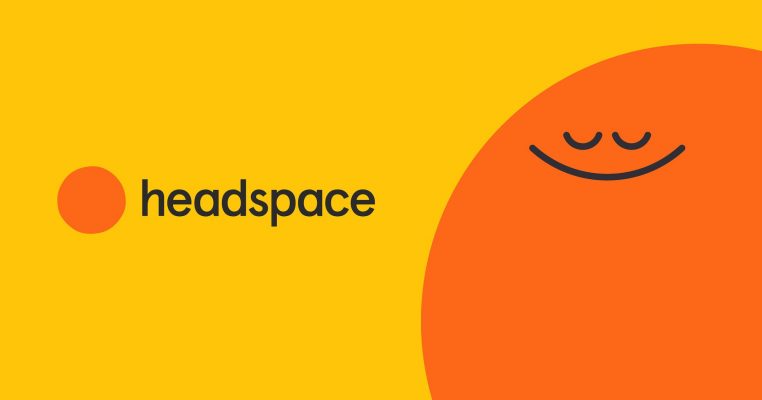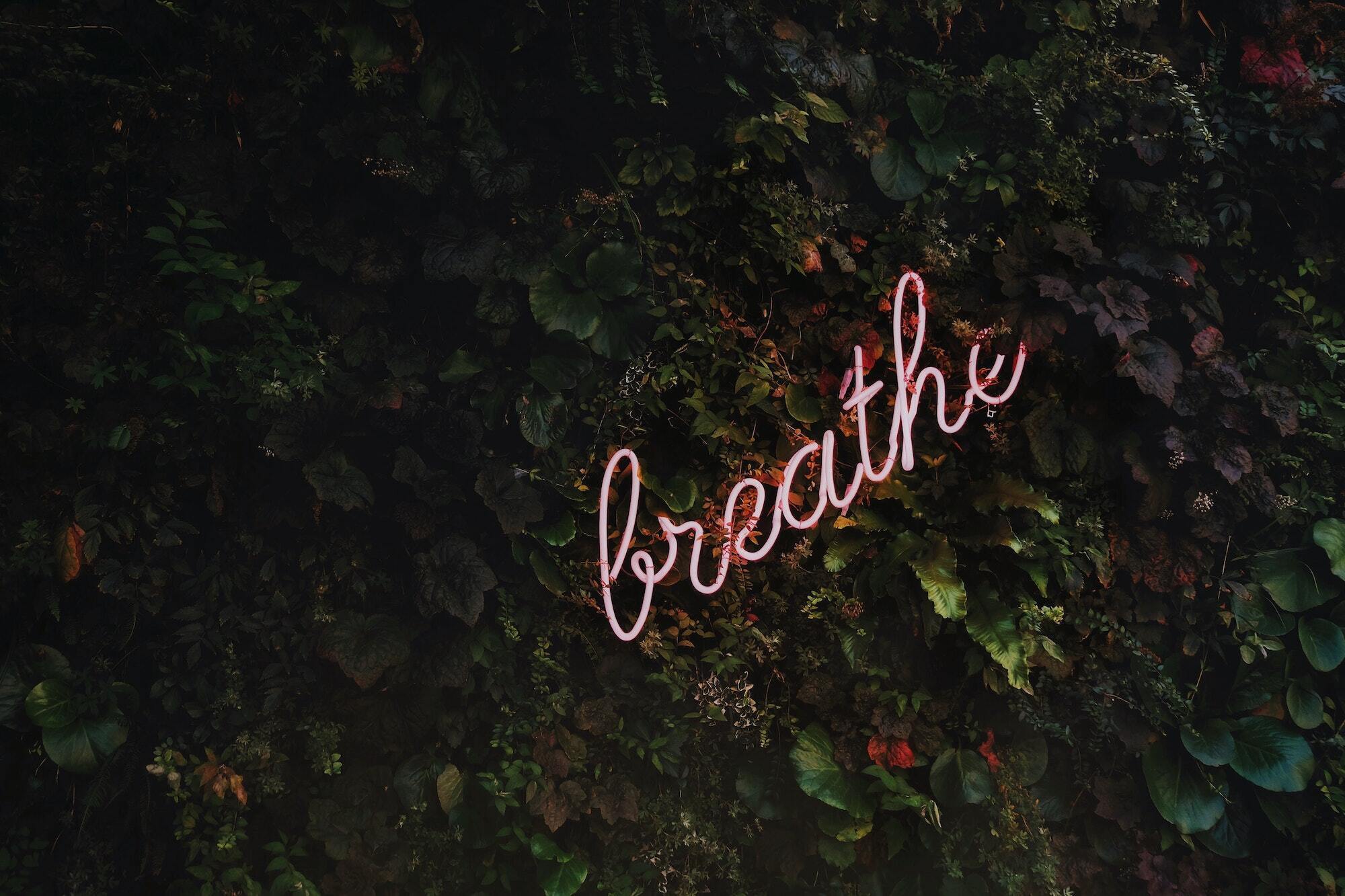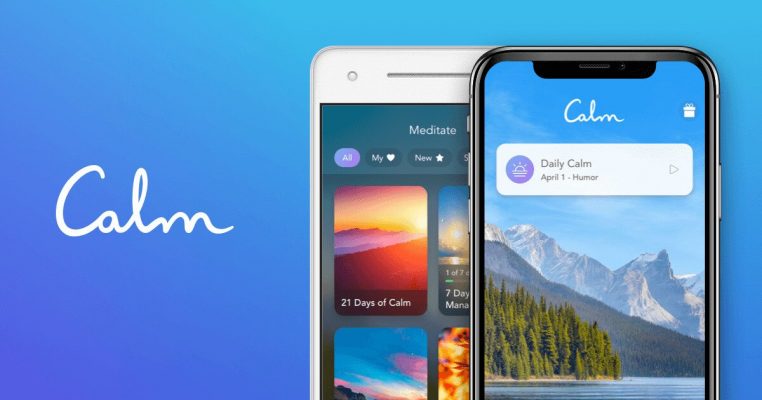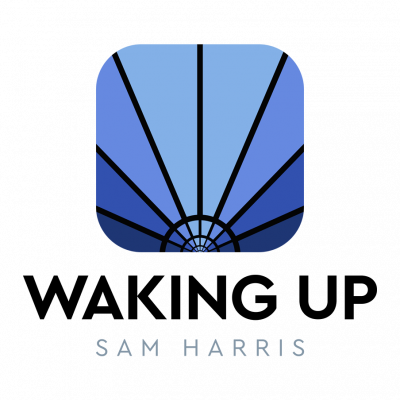Life
5 Best Meditation Apps For Peace Of Mind
Meditation is a way for one to achieve a mentally clear and emotionally stable state of being. It can often seem too odd for some, with the constant mentions of ‘mindfulness’ and ‘enlightenment,’ but it’s just a way to connect with yourself. Just like journaling or coloring mandalas, meditation is an exercise meant to help.
Table of Contents
Meditation is not about statements or beliefs. It’s about being present as things unfold within yourself without judgement, bias or attachment. It’s about transcending the judgmental nature of your mind so that you can understand yourself better. This extends to understanding your motivations, anxieties and emotions.
But not every meditation course or teacher works for everyone. People who are not very emotional or expressive might connect with teachers who help them open up to their feelings, while a more grounded approach might resonate with more emotionally vibrant individuals. The best way to find what you need is to try different meditation courses and, with meditation apps in 2022, you can try thousands of classes in your own home.
Meditation is a process based on consistency. Short moments of meditation daily, weekly or monthly build together to help focus and direct your thoughts. As with most things in life, the only way to honestly know if they work for you is to try them. This is why mindfulness apps are so popular; they give you access to beginner and advanced meditation courses without having to book an appointment. Many incorporate multiple styles, so you can develop a solid meditation foundation and find what works best for you.
But with all the different options out there, where should you start? Here are five of the best meditation apps available today.
The 5 Best Meditation Apps in 2022

Headspace
Try for free. Subscriptions are $12.99 USD/month or $69.99/year.
Headspace is the most well-known meditation app, and it is excellent. It has a fun, cartoony vibe with a user-friendly interface and an organized library. Users can set short or long meditations (though they are limited to 20 minutes) with reminders, so they never miss a meditation. The app is accessible and straightforward.
The best aspect of Headspace is its emphasis on the fundamentals, making it a great introductory app that teaches users the basics of meditation. Andy Puddicombe, a Buddhist monk of the Tibetan-Buddhist lineage, leads and guides the meditation courses. His history speaks to his experience and the quality of the programming. Still, Headspace brings in many different practices, which makes it more than just a Tibetan-Buddhist-focussed app.
Headspace often rolls out new, specialty meditations spotlighting different techniques, making it an excellent choice for beginners. Puddicombe leads all of the courses, which adds excellent consistency. Where other apps incorporate dozens – or even hundreds – of different meditation teachers, Headspace sticks with one high-quality speaker. The downside, of course, is that if you don’t love the timbre of Puddicombe’s voice, it might be distracting.
Calm
7 days free, or a paid premium subscription of $14.99/month, $69.99/year, or $399.99/lifetime.
Calm is an app that stands with Headspace as one of the best known meditation apps available. They both have a large member base and plenty of satisfied users. Calm was initially similar to Headspace in that they stuck to foundational courses with their lead instructor, Tamara Levitt, guiding all of the meditations. Now, they’ve branched out by bringing in additional teachers and more extensive programming.
For example, Jeff Warren was added to the app, and he has a 30-day meditation course called ‘How to Meditate.’ It is excellent, approachable and really helps beginners get a solid foundation. His engaging language, incorporating fresh metaphors and perspectives, really sets his courses apart from other guides.
Warren’s experience with ADHD and a form of bi-polar disorder draws in listeners and, in a way, makes Warren more relatable — especially for listeners who have similar issues. And he’s not the only teacher Calm has added. They keep expanding as more meditations are added to their library. The classes are not set like a course, as they are for Headspace. Still, they offer more options with a more extensive library for better individual customization.
10 Percent Happier
Free 7-day trial, or a paid subscription of $129.99 per year.
10 Percent Happier, based on Dan Harris’ 2014 book of the same name, is one of the best-curated apps for meditation. The app contains introductory courses on the concepts and practices of meditation led by a variety of famous meditation teachers. The app also has excellent video conversations that introduce the concepts and methods of meditation.
Perhaps the most significant part of 10 Percent Happier is the many great teachers that allow users to explore the different voices in meditation. Dan Harris, a journalist and news anchor whose on-air panic attack in 2004 prompted entry into the world of mediation, is fun and engaging, which can work for a lot of people. Oren Jay Sofer has an excellent course on emotion, a concept that is often undervalued in meditation, and best-selling author Sharon Salzberg does an amazing job of coaching self-compassion.
10 Percent Happier has a notable diversity of courses and high production value. It is a great app that works for beginners and advanced meditators alike.
Insight Timer
Free, or a paid premium subscription of $9.99/month or $59.99/year.
Insight Timer has a lot of content that can help users dive deep into many concepts from the common to the more esoteric classes. The app is free, with an enormous library that includes thousands of meditation and music tracks. It is easily one of — if not the best free meditation app for 2021.
The optional premium membership adds more courses and many other features. Still, you do not need to pay to have a great meditation experience. There is no reason not to download this free app and explore all of the different classes available, but while a lot of the content is great, it is a mixed bag. The cost of having such an extensive library is that, if you are new to meditation, you might get lost in the large library of content. Instead, it may be better to begin with an app with a smaller library, or look up the meditation teacher before you try their course to see what other people think.
Waking Up
The annual price is $99.99, but you can request a free account if you cannot afford it.
Sam Harris is sometimes seen as a polarizing figure due to his critical stance on organized religion, but his app, Waking Up, is irrefutably top-notch. He has a very rational and analytical mind, and is academically inclined. His classes often resonate with users who share those traits.
The core meditations are excellent. Harris has a great flow, and he has an effective way of directing attention. There’s also a lot content with Harris speaking to a variety of meditation teachers. This programming is a great way for beginners to explore new teachers who could work well for them.
When starting to meditate, it is great to find a teacher and meditation style that fits you. People meditate for different reasons, so an easy way to explore content from other meditation teachers is helpful for even advanced meditators.
Waking Up emphasizes the ‘no-self,’ a Buddhist concept that the self does not exist as we perceive it to. There is no separate being in us, so the ‘no self’ idea is an exploration of both the limitations of the self and the limitless nature of the self.
This app is more expensive than the average, but if you can’t afford it, you can send them an email and they will give you a year free, no questions asked.
FAQs
The short answer is a few minutes out of your day. However, the actual commitment to meditation should be consistent practice over time. Meditation, like exercise, requires time and experience to achieve the full range of benefits. Try meditating daily, just five-ten minutes, for a month to see if its benefits are worth it for you.
The best time to meditate is in the morning or the evening. The mornings are great because it sets a tone for the day. Many people are more open to the personal nature of meditation before the day begins. Evening meditation is a great way to decompress and find peace of mind after a long day. In the end, the best time is often personalized to your lifestyle.
To start meditating, all you need is five minutes and a guide. The short guided meditations offered via the aforementioned apps are the perfect way to get started.





